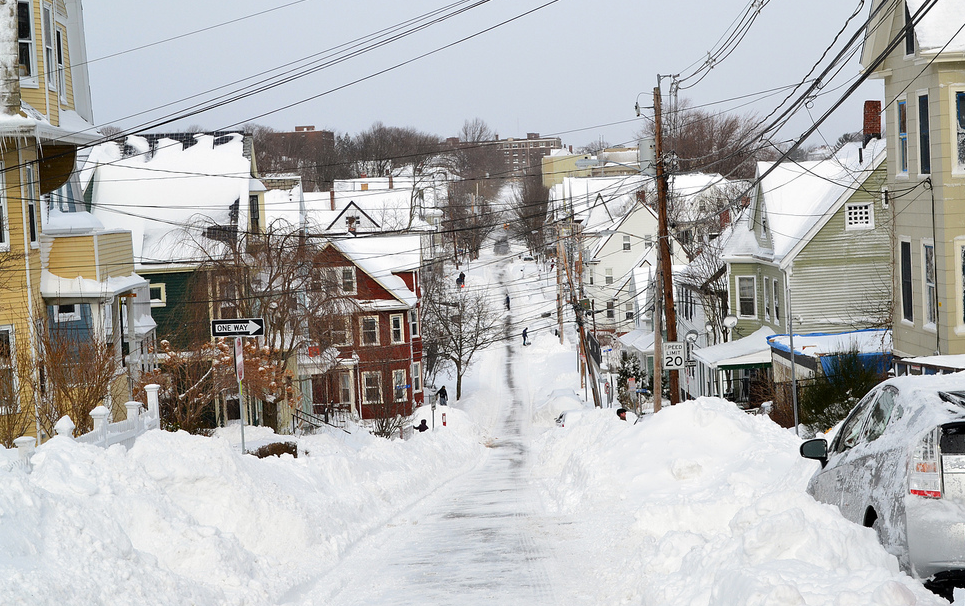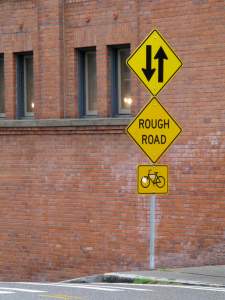Massachusetts is known for its convoluted roadways and aggressive drivers. Its residents are no stranger to the aging infrastructure that transforms their daily commutes into heroic efforts of driving prowess and cunning. The roads are both difficult to navigate and dangerous to traverse— full of potholes and spans of structurally deficient bridges. Repairs are underway throughout the state on bridges, highways and tunnels, which only seems to add hours in detours and traffic as unsound areas are brought up to meet standards. While progress is being made, the work that has occurred has only made a small dent in Massachusetts’ transportation system woes, and is further affecting timely delivery of goods, commuting times, and the overall appeal of the state as a location to do business.
The New England Council, a business advocacy group, has expressed concern over the congestion caused by road construction, as these type of inconveniences are often a factor in whether companies stay and expand or leave a region. At the moment, 20 tunnel projects and over 250 road reconstruction and resurfacing projects have entered the design phase, according to the Massachusetts Department of Transportation. Whether these projects will occur, and when, is another story. If approved, these repairs would happen in addition to projects like the ongoing initiative to repair more than 450 bridges. Initially a $3 billion project, it is now predicted to cost a total of $14.4 billion by the time the statewide repairs are completed.

Massachusetts has been experiencing a notable increase in economic growth over the last five years, however businesses are concerned about the timely delivery of goods and services. In a fast-paced economy, meeting deadlines with a tight turnaround time is a key factor of success. Delays and detours ultimately affect the bottom line.
The difficulties commuters faced last winter, between impassable roads, service delays, and cancellations of the MBTA, has business owners worried about the reliability of their employees as well. Dilapidated infrastructure could potentially keep top job candidates from considering working in certain areas. Efforts are being made to overhaul the financial management of the MBTA, as a panel convened by Gov. Charlie Baker in April predicted that the MBTA’s revenue shortfall would total $560 Million by 2020 if changes are not made.
 Although business and state leaders agree that Massachusetts’ infrastructure needs refurbishing, the means to pay for these improvements remains uncertain. Maintenance has been deferred multiple times due to lapses in funding, leading to obsolete equipment and crumbling roadways full of potholes. Gasoline taxes have traditionally paid for road and bridge projects, but voters have not approved an increase in the gas tax since 1993.
Although business and state leaders agree that Massachusetts’ infrastructure needs refurbishing, the means to pay for these improvements remains uncertain. Maintenance has been deferred multiple times due to lapses in funding, leading to obsolete equipment and crumbling roadways full of potholes. Gasoline taxes have traditionally paid for road and bridge projects, but voters have not approved an increase in the gas tax since 1993.
What do you think? Does the current Infrastructure impact Massachusetts business growth in YOUR sector or does it simply add to the Old England charm?




